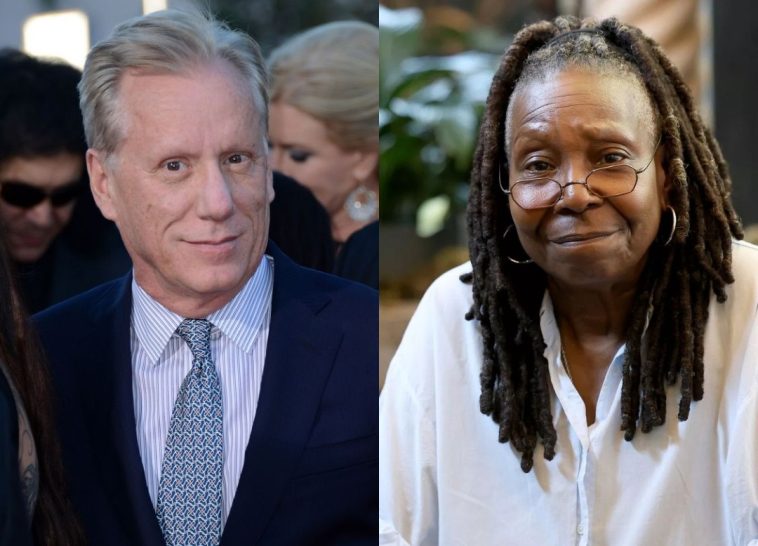A recent explosive declaration by actor James Woods proclaimed Whoopi Goldberg to be “one of the worst characters on TV,” expressing his profound distaste for the comedian and TV presenter. Proponents and opponents of Goldberg’s career and contributions to entertainment have battled online in response to this comment.
Woods, who is notoriously contentious, took issue with Goldberg’s comments and stances on a number of social and political issues, prompting Goldberg to openly express his dissatisfaction.
Famed for her work on “The View” and in other films, Goldberg has long been divisive due to her penchant for addressing controversial topics including racial inequality, women’s rights, and politics. The cultural split around media figures who talk politics is reflected in Woods’ remarks, which are based on both personal grievances and larger social norms.
James Woods: Trump backing keeps ‘Oppenheimer’ position under wraps
The backlash to Woods’ comments has sparked a broader conversation about the responsibility of public figures and the need of holding celebrities accountable for their statements.
Those who back Woods may say he’s just being honest about someone he thinks is bad for the media, while those who back Goldberg could say her openness starts important talks that the public needs to have.
This divergence of opinion exemplifies the contemporary climate in American media, where conversations over politics, identity, and ethical depiction can easily get heated.
Whoopi Goldberg’s struggle with substance abuse “was a matter of life and death.”
We shall watch how the outpouring of emotions to Woods’ remarks impacts public perceptions of persons and if it sparks further conflicts in the world of celebrity culture, where every viewpoint is influential and may influence public debate.
Despite the chaos, Woods and Goldberg are still symbols of the difficulties of contemporary stardom, when one’s views may unite followers or incite strong opposition from opposing factions within an audience.




